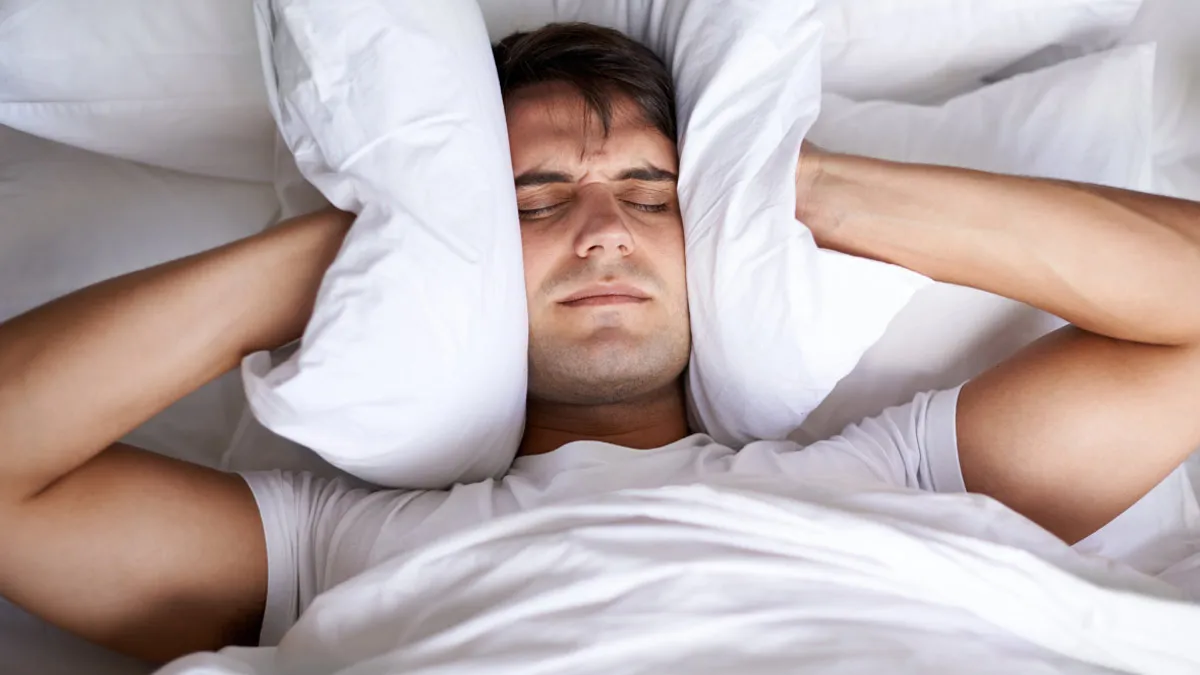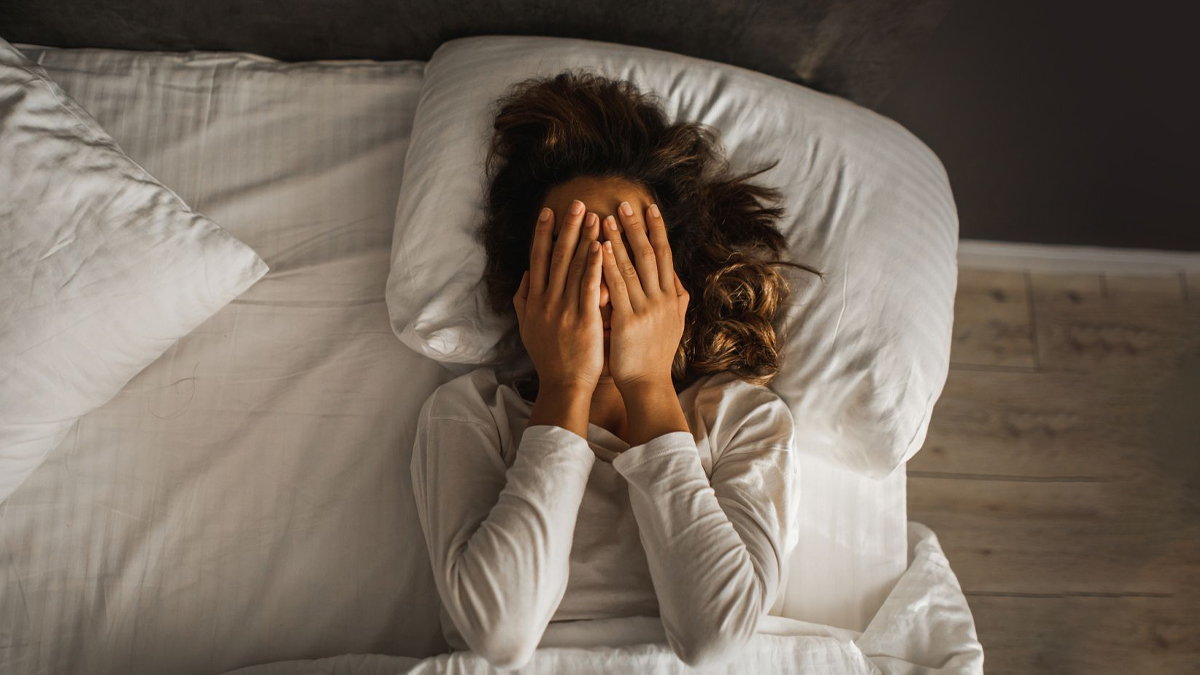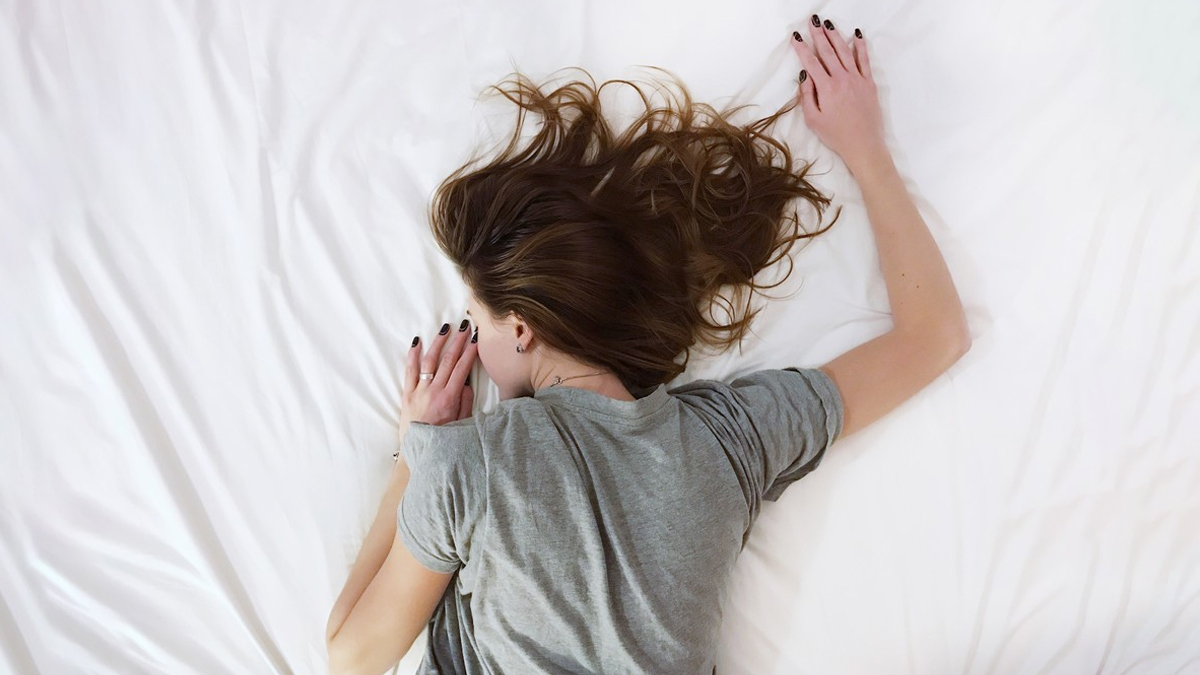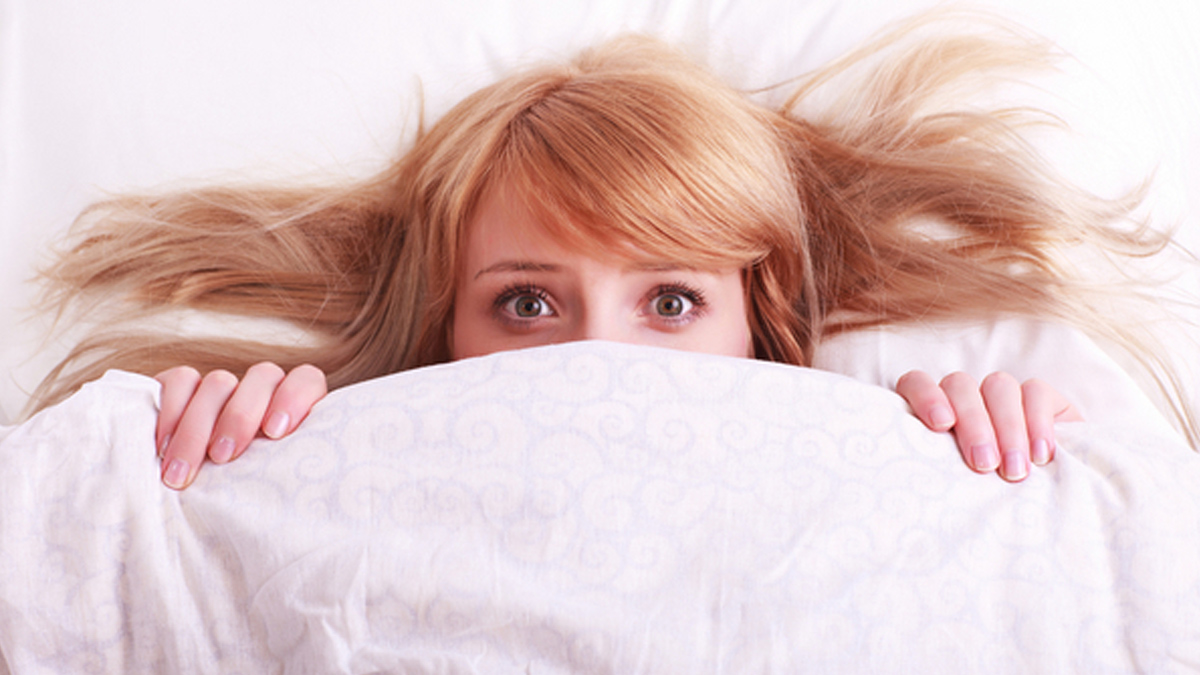
Sleep is not only for resting and recuperating. For others, however, bedtime is not just for sleep. Instead, they experience fear, anxiety, and even panic. This anxiety is referred to as sleep anxiety or somniphobia, a lasting fear of sleeping. Somniphobia sufferers may be tense long before their head touches the pillow. The aftermath spreads far beyond an uncomfortable night's sleep. This underappreciated disorder can creepily erode mental wellness and everyday happiness, making life an awful lot more difficult than it needs to be.
Table of Content:-
What is Somniphobia?![Somniphobia 1 - 2025-07-14T114159.099]()
Dr Ria Talwar, Counselling Psychologist and Eating Disorder Specialist, Samarpan Health, Mumbai, clarifies, "Somniphobia is not simply difficulty with sleeping. It's an extreme fear of something awful happening if you do sleep. This can present as racing thoughts, a thumping heart, sweating, or even full-blown panic when getting into bed."
Individuals with somniphobia tend to:
- Dread the onset of night
- Avoid or delay bedtime
- Feel physical sensations such as sweating or a racing heart
- Have difficulty with sleep disturbances induced by panic
- This fear isn't merely about nightmares. It's based on intense psychological distress surrounding sleep itself.
ALSO READ: Can Brain Fog Lead To Poor Gut Health? Expert Shares Warning Signs
How Sleep Anxiety and Mental Health Are Connected?![sleep anxiety Somniphobia 2 - 2025-07-14T114155.681]()
Here's the thing: bad sleep and mental illness fuel one another. Dr Talwar explains, "Sleep deprivation doesn't only make you feel tired. It can exacerbate anxiety and depression, creating a vicious circle that is difficult to escape."
When you don't get good sleep:
- Your body's stress hormone (cortisol) increases
- You're more susceptible to sickness
- Memory, concentration, and decision-making deteriorate
- Emotional control goes out the window
- You may feel irritable, lethargic, or burned out
- Social life suffers because of low energy and fatigue
Over time, this cycle can seriously impact your quality of life. A study published in Frontiers in Neurology found that anxiety and depression are tightly linked with poor sleep. People with both conditions had much worse sleep quality and more severe insomnia. The study also showed that treating anxiety and depression can improve sleep, and vice versa.
How To Get Rid Of Sleep Anxiety aka Somniphobia![sleep anxiety treatment 3 - 2025-07-14T114157.496]()
Dr Talwar emphasises, "Sleep anxiety isn't a symptom. It can be a primary cause of poor mental health. The good news is, with the right support, people can get out of this loop."
She suggests:
- Cognitive-behavioural therapy (CBT): Assists in modifying the thought patterns and behaviours that propagate sleep anxiety.
- Exposure therapy: Gradually exposing oneself to the fear of sleeping in a safe, controlled environment.
- Relaxation and mindfulness: Methods such as deep breathing, meditation, or progressive muscle relaxation to quiet the body and mind.
- Good sleep hygiene: Maintain a consistent bedtime and wake-up time
- Make the bedroom peaceful and cosy
- Restrict caffeine, alcohol, and screen use at night
"Small changes can make a big difference," Dr Talwar says. "But if sleep anxiety is dominating your life, don't be afraid to seek professional help." It is discovered that the quality of sleep improved dramatically, and that it brought significant improvements in mental health, such as depression and anxiety. Greater improvements in sleep quality led to greater improvements in mental health.
ALSO READ: How Long Can Malaria Stay in Your Body: Can It Come Back Months or Years Later?
Takeaway
Sleep anxiety exists, and it can really get to your head and body. It's not simply fear of the dark. It's a vicious cycle that can ruin your entire day. But with understanding, the proper strategies, and in some cases professional assistance, it is possible to take back your nights and your health.
Also watch this video
How we keep this article up to date:
We work with experts and keep a close eye on the latest in health and wellness. Whenever there is a new research or helpful information, we update our articles with accurate and useful advice.
Current Version


